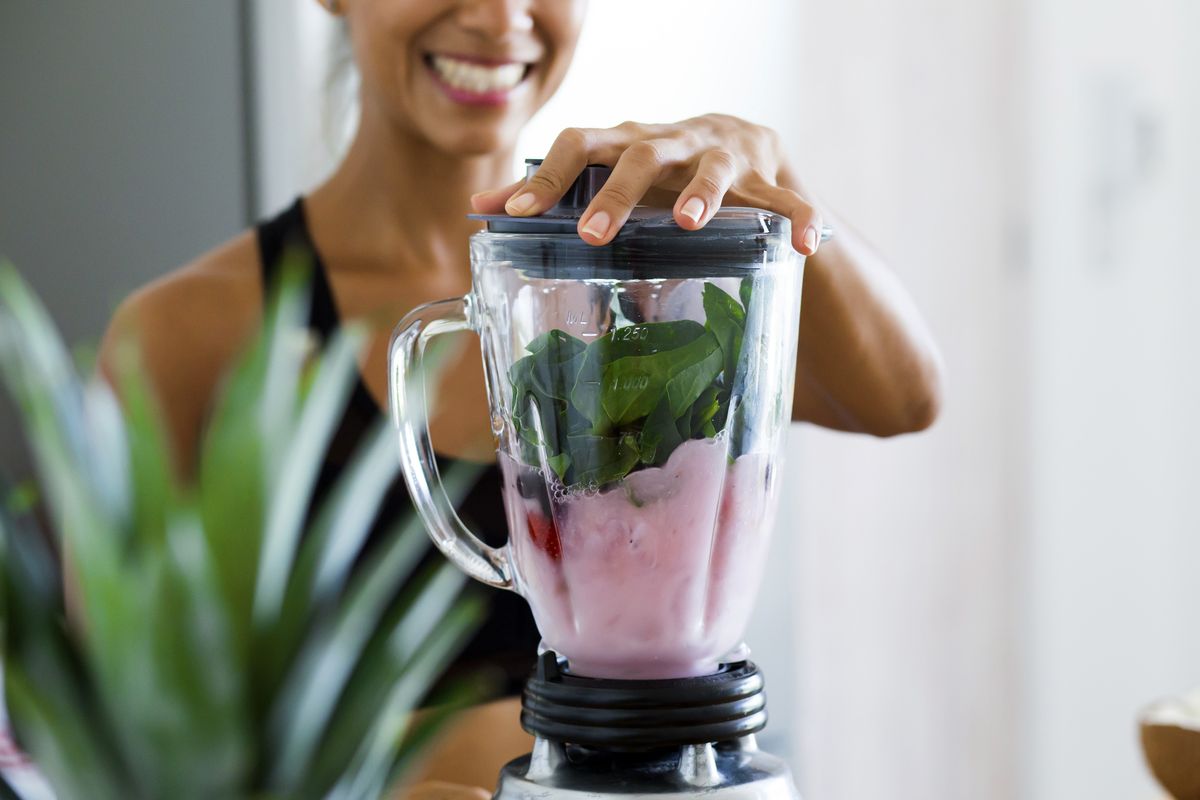Smoothies are a popular snack option that can be made quickly and are easy to take on-the-go. Homemade smoothies offer control over the ingredients, allowing for a nutritious mix of fruit, vegetables, milk, protein powder, nuts, and seeds. However, some ingredients used in smoothies can be unhealthy and may undermine the potential health benefits. Sugary yogurt, sweeteners, ice cream, and fruit juice can contain added sugars and unhealthy fats, reducing the nutritional value of the smoothie by decreasing its fiber and protein content. It is important to avoid these ingredients in order to maintain the smoothie's nutritional value. While indulging in these ingredients is not necessarily bad, being aware of what goes into your food can help promote a healthy and balanced lifestyle.
1) Low-Fat or Fat-Free Flavored Yogurt: Is It Really Healthy
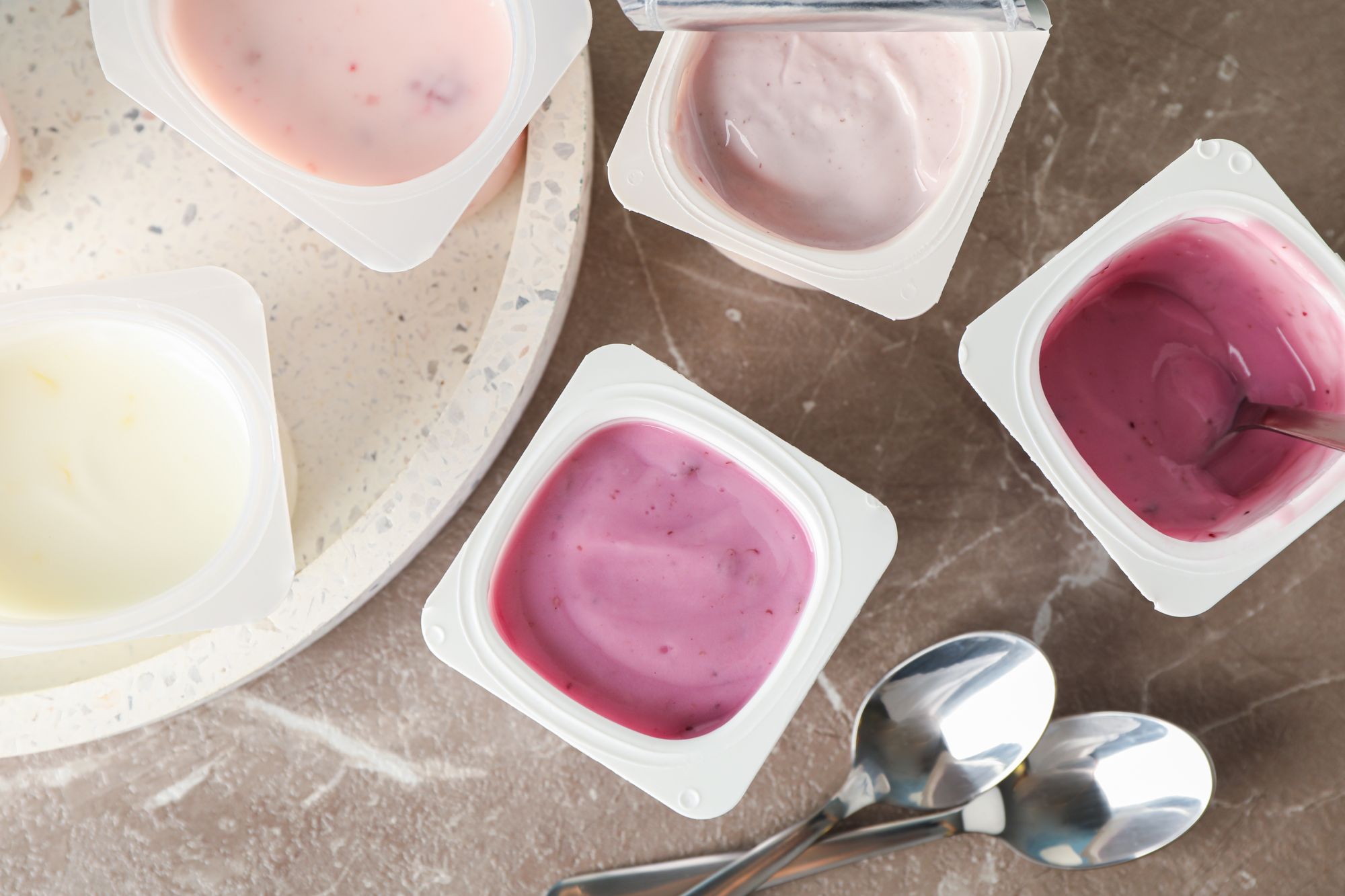
Smoothies are a popular beverage choice for those who want to add more nutrients to their diet. Yogurt is a common ingredient that people use to add creaminess and texture to their smoothies. While plain yogurts like Greek and Icelandic yogurt are high in protein and low in sugar, many flavored yogurts are loaded with added sugars. Some "fat-free" or "low-fat" yogurts may even have more added sugars to compensate for the lack of fat. For example, Dannon Low-fat Vanilla Yogurt has 22 grams of sugar, 13 of which are added, and Stonyfield Organic Fat-Free Chocolate Underground Yogurt has 19 grams of sugar, 13 of which are added. If you want to avoid a sugar bomb in your smoothie, choose low-sugar, high-protein yogurt options.
2) Canned fruit
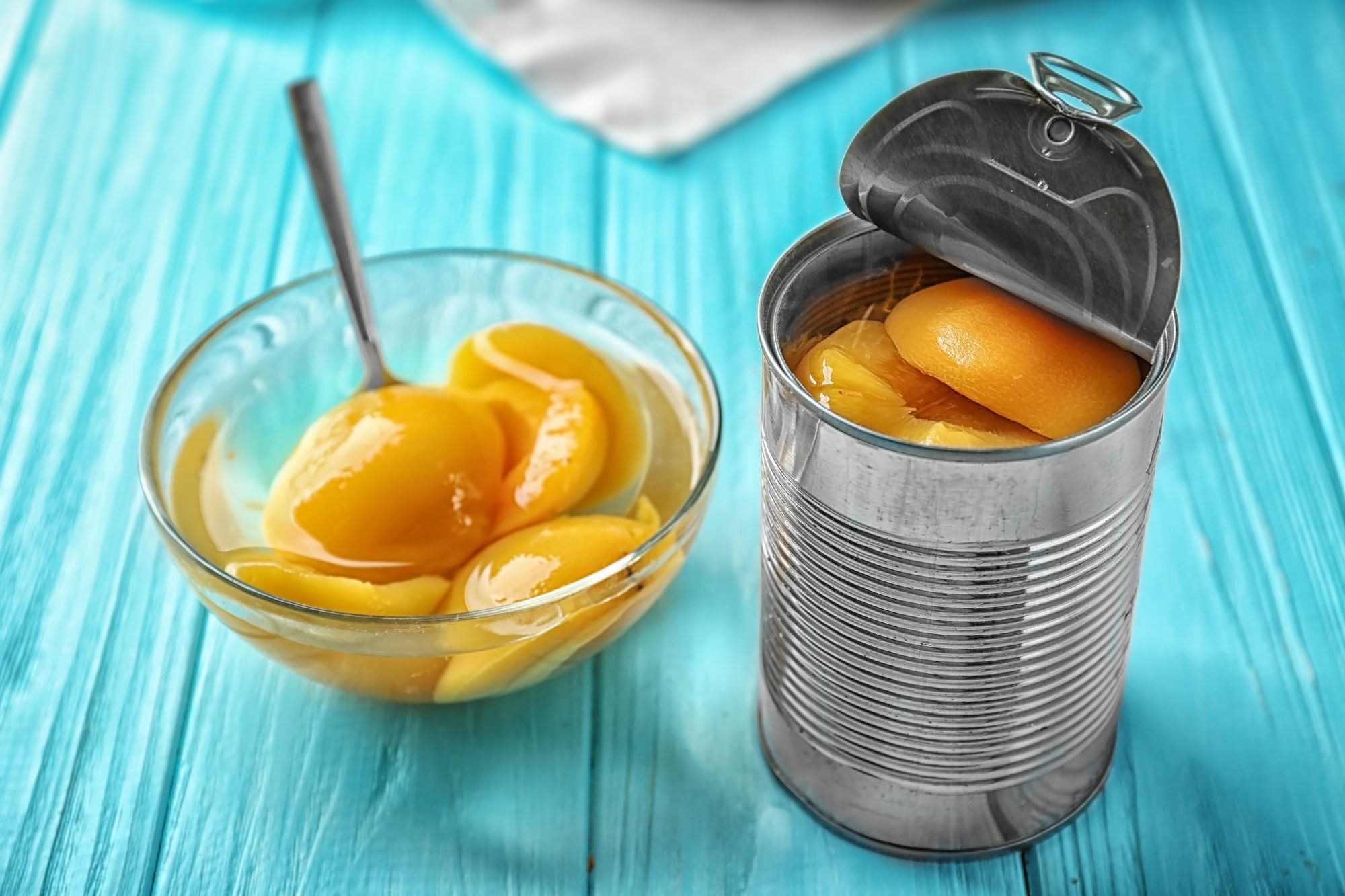
When it comes to adding fruit to your smoothie, canned fruit may seem like a quick and easy option, but it often comes with added sugars in the form of syrup. For instance, half a cup of Dole Tropical Fruit Salad contains 11 grams of added sugar. To avoid these added sugars, it's better to use fresh or frozen fruit in your smoothie. Frozen fruit is particularly beneficial because it maintains the nutritional value of the fruit, has a longer shelf life, and creates a creamier texture in your smoothie.
3) Hazelnut Chocolate Spread
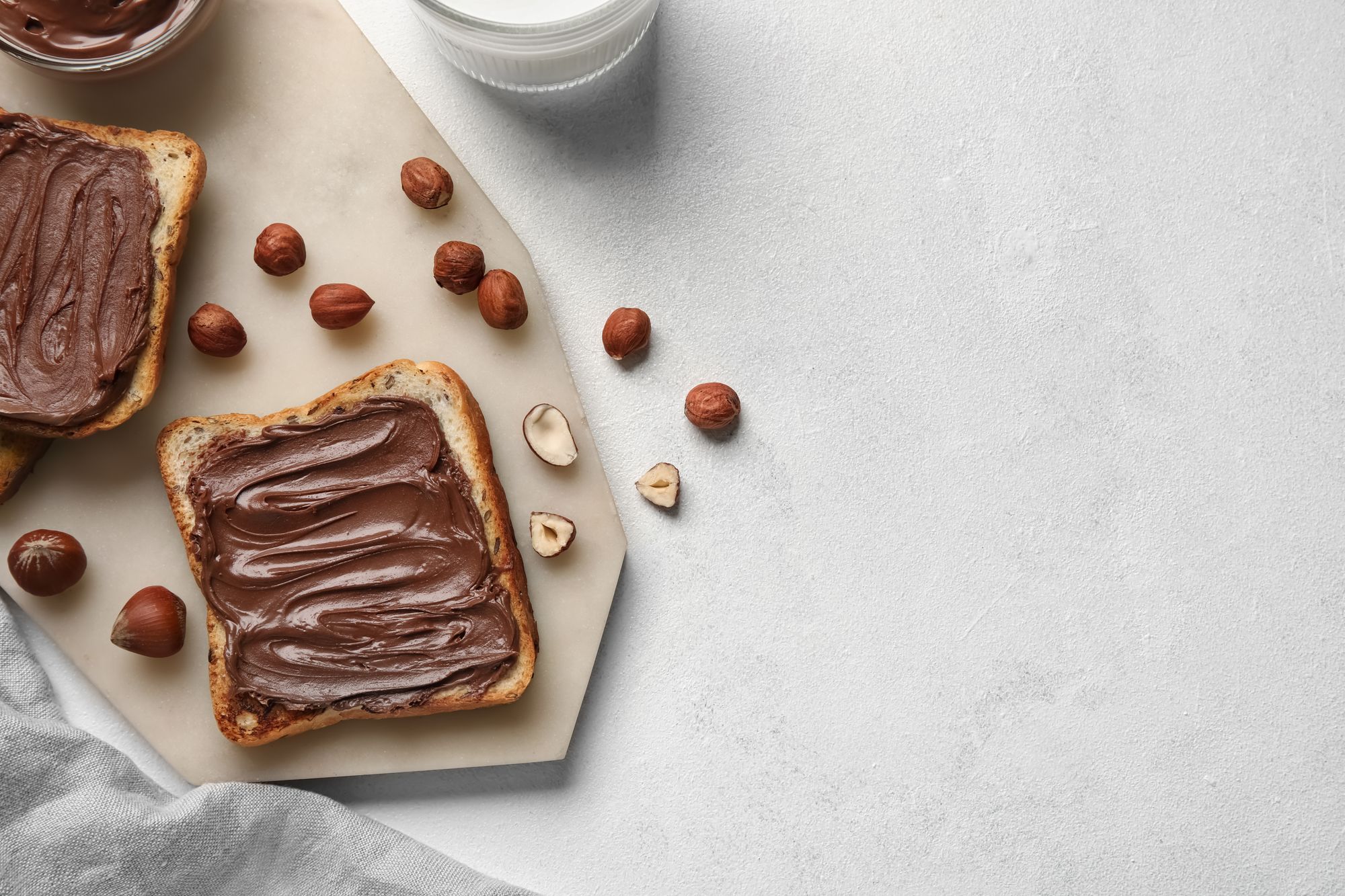
Hazelnuts are a nutritious food packed with vitamins, minerals, antioxidants, and healthy fats. Similarly, chocolate contains antioxidants from cocoa that also offer numerous health benefits. However, combining these two ingredients into a spread, such as Nutella, may not be as healthy as one would think. Before adding a dollop of chocolate-hazelnut butter like Nutella into a smoothie, it's essential to consider the other ingredients in the smoothie to ensure a healthy balance. While it may enhance the taste of the smoothie, if weight loss is the goal or if a doctor has advised reducing sugar and fat intake, it's best to avoid this ingredient. Nutella contains high amounts of fat (4.6 grams), saturated fat (1.6 grams), and sugar (8.4 grams), which will increase the calorie count and sugar content of the smoothie.
4) Common Types of Added Sweeteners to Avoid in Your Smoothies
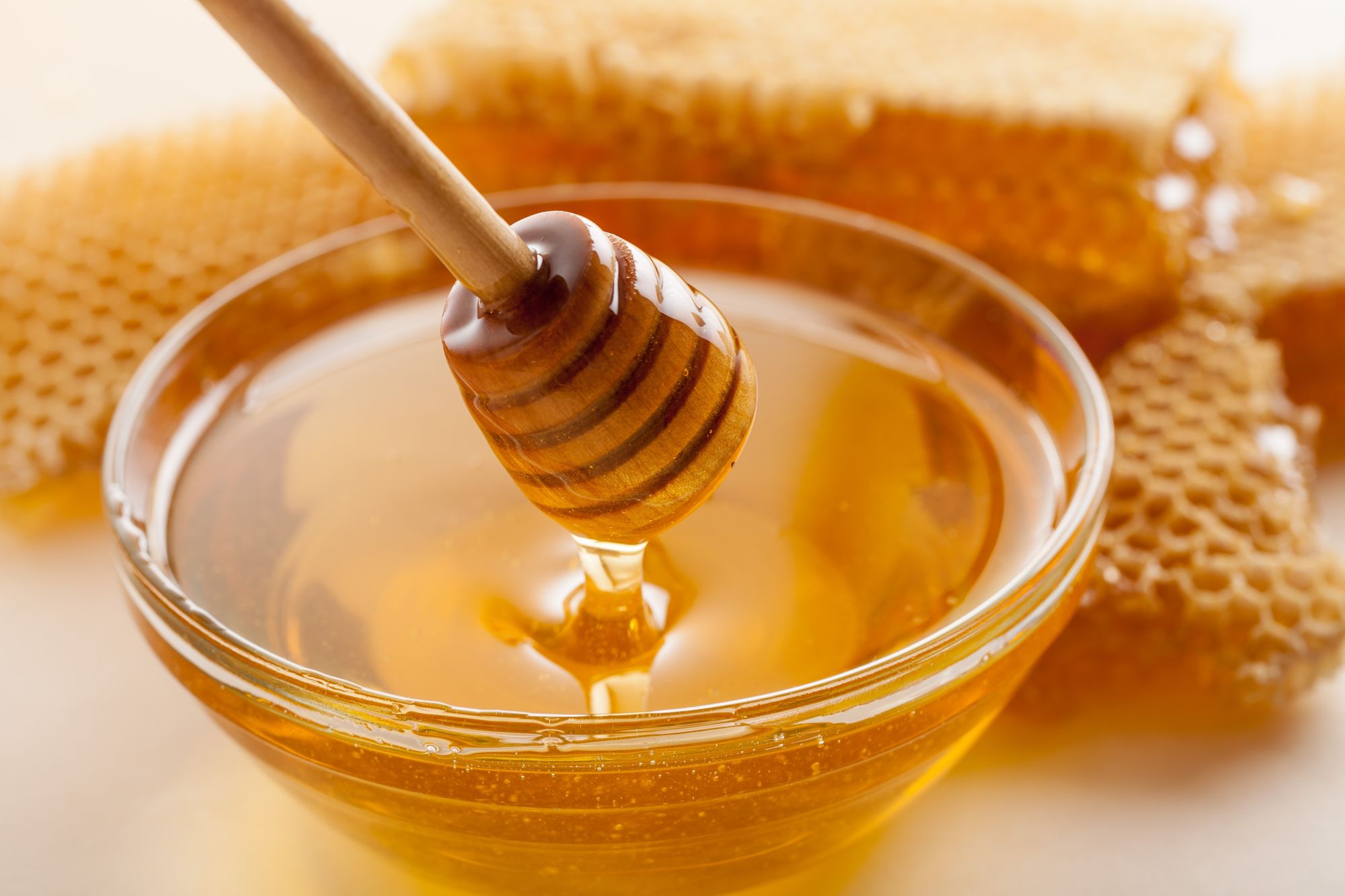
Looking to add a touch of sweetness to your smoothie without resorting to refined sugar? You might think that using natural sweeteners like honey or maple syrup would be a healthier option, but these sweeteners can still contribute a significant amount of sugar to your drink. A single tablespoon of honey contains 17 grams of sugar, while the same amount of maple syrup has 12 grams. If you're trying to watch your sugar intake, it's best to use these sweeteners sparingly or explore alternative options like fruit or spices.
5) Fruit Juice High in Added Sugars

Consider skipping fruit juice in your smoothies to avoid unnecessary sugar intake. Store-bought fruit cocktails are mostly made up of water, sugar, and fruit juice concentrate and are packed with added sugars. Minute Maid Cranberry Cocktail, for instance, contains 53 grams of added sugar, and Simply Fruit Punch has 21 grams of added sugar. Opt for a milk base, such as 2% cow's milk, which contains 12 grams of sugar and 8 grams of protein, as well as vitamins A, D, choline, calcium, and potassium. For a non-dairy alternative, you can try Elmhurst Milked Almonds, which has 1 gram of sugar and 5 grams of protein, or Ripple Plant-Based Milk, which contains zero grams of sugar, 8 grams of protein, and vitamins B12, D, and calcium.
6) Alcohol

Including alcohol in your smoothie may seem like a fun and exciting idea, but it's important to consider the potential negative effects. Combining liquor with the other ingredients in your smoothie will add on extra calories and sugar. Additionally, alcohol can impair your ability to control your intake and make it difficult to limit yourself to just one drink. Research has shown that alcohol can also increase feelings of hunger and cravings, which can further derail your diet and weight loss goals. As a result, it's best to limit your consumption of boozy, frozen fruit drinks and reserve them for special occasions.
7) The Negative Effects of Overindulging in Healthy Foods
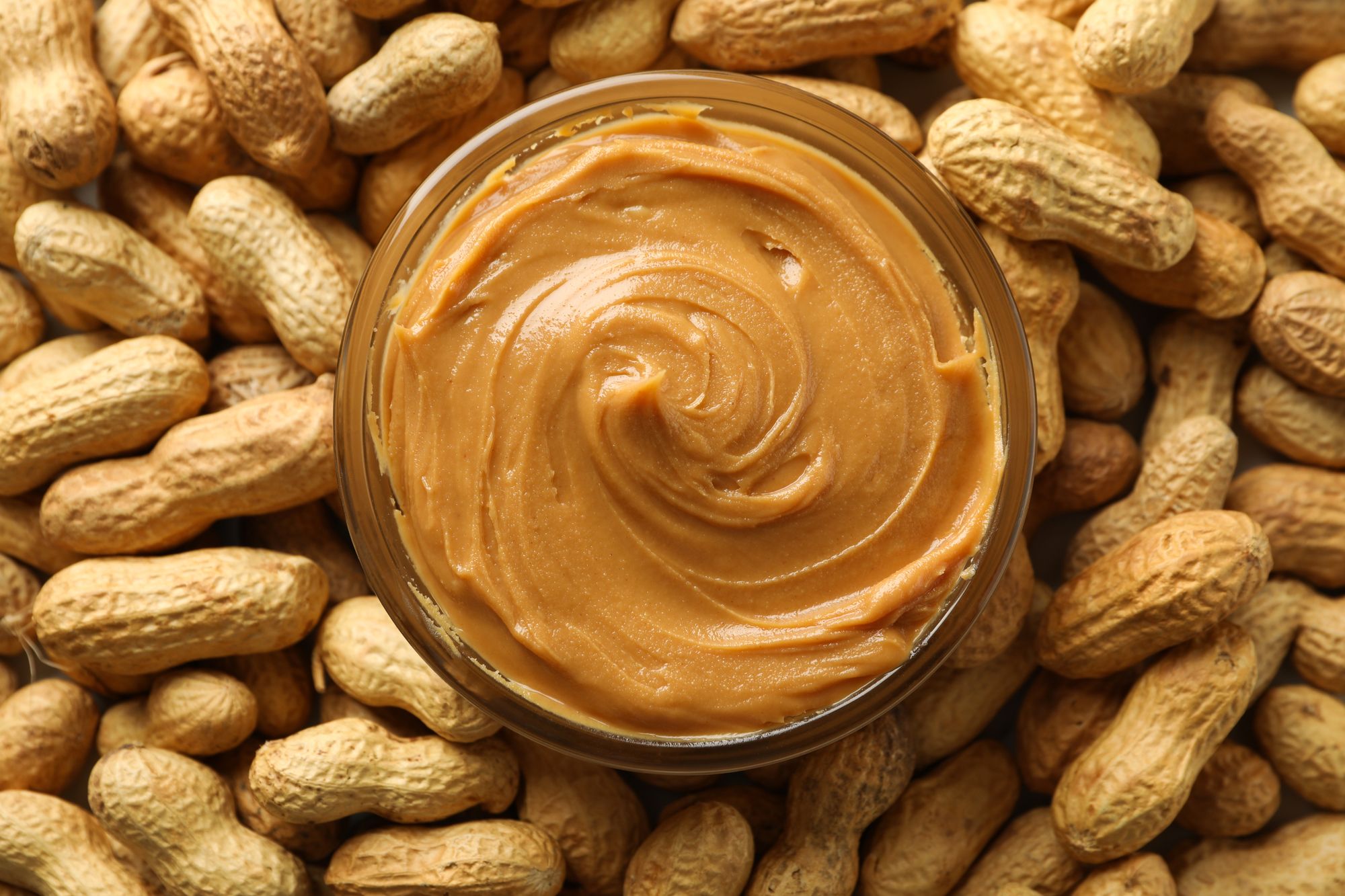
Smoothies have become a popular way to incorporate nutrient-dense ingredients such as nut butters, avocado, and coconut oil into a diet. However, it is crucial to be mindful of the portion sizes when using these ingredients. Overconsumption of these ingredients can cause a significant amount of calorie and fat intake, ultimately leading to weight gain.
For example, avocados are rich in monounsaturated fats that aid in improving cholesterol levels and heart health. But, one whole avocado contains approximately 22 grams of fat, which is a substantial amount for a single ingredient in a smoothie. It is important to note that even healthy fats can lead to weight gain when consumed in excess, according to the National Library of Medicine. Similarly, nut butters, while beneficial in small amounts, should also be consumed in moderation.
Coconut oil is another smoothie ingredient that provides numerous health benefits, such as improved energy levels and oral health. However, coconut oil is high in saturated fat, which can lead to weight gain and an increase in LDL cholesterol levels. A study published in Circulation reported that compared to other oils, coconut oil may have a more significant impact on increasing LDL cholesterol levels.
In summary, it is important to enjoy these healthy ingredients in moderation and balance them with other nutrient-dense ingredients to create a healthy and balanced smoothie.
8) Ice Cream

It may be tempting to add ice cream or frozen yogurt to your smoothie for extra sweetness and creaminess, but unless you're looking for a dessert-like milkshake, it's best to avoid these indulgent treats and opt for a healthier alternative to add texture to your drink.
Fortunately, there's a trick you can use to achieve that frozen creaminess without the added calories and sugar. Instead of using ice cream, try freezing low-sugar, high-protein yogurt ahead of time. This will provide the desired texture while also adding nutrients to your smoothie.

